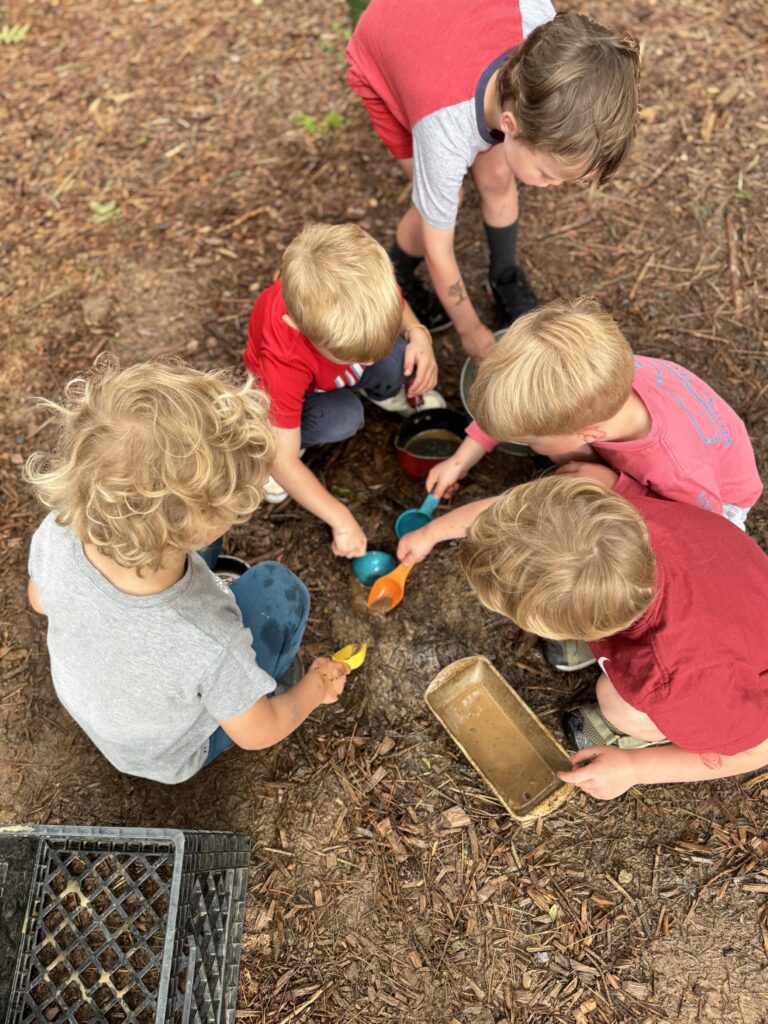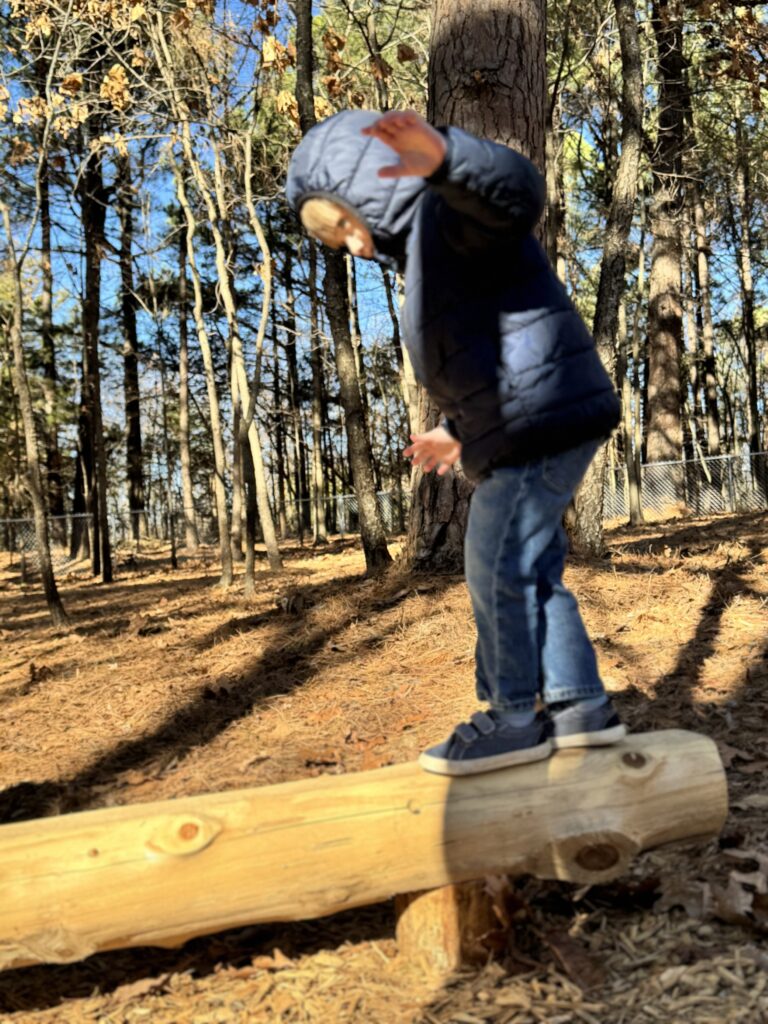In a world increasingly dominated by screens and indoor activities, the importance of nature play for preschool children cannot be overstated. Nature play, often referred to as outdoor play in natural settings, provides numerous physical, cognitive, and emotional benefits for young children.
The Disconnect from Nature
In recent years, children’s daily lives have become more technology-centric and urbanized, leading to a growing disconnect from the natural world. Many preschoolers spend substantial portions of their day indoors, engaging with electronic devices and structured activities. This shift has led to concerns about the potential negative consequences on children’s physical and mental well-being.
Health Benefits of Nature Play
Nature play encourages physical activity and exercise. When children play outdoors, they engage in activities like running, climbing, jumping, and exploring, which promote gross motor development, coordination, and muscle strength.
Regular outdoor play can reduce the risk of childhood obesity by promoting an active lifestyle and helping children develop healthy habits from an early age. Exposure to natural sunlight during outdoor play even helps preschoolers absorb vitamin D, which is crucial for healthy bone development and overall well-being.
Time in nature has a calming effect on children. The natural environment fosters relaxation, reduces stress, and alleviates symptoms of anxiety. Nature play is associated with improved mood and increased happiness. Being in natural surroundings triggers the release of endorphins, leading to a sense of joy and contentment.
Exposure to natural settings can also enhance a child’s ability to concentrate and sustain attention, which can have positive implications for learning and academic performance.
Developmental Benefits of Nature Play
Nature provides an endless source of stimuli and opportunities for imaginative play. Preschoolers can use sticks as magic wands, rocks as treasure, or leaves as building blocks, fostering creativity and problem-solving skills. Nature play encourages children to observe and interact with their environment. They learn about the world around them, the behavior of animals, and the changing seasons.
Nature play often involves navigating the natural world, which requires critical thinking and decision-making. Children must assess risks, make choices, and adapt to changing conditions. Nature play allows children to experience and manage a range of emotions, from joy and excitement to frustration and fear. This helps build emotional resilience and coping strategies.
Exposure to nature at an early age also fosters a sense of environmental stewardship and a connection to the natural world, which can lead to a lifelong appreciation for nature and conservation.
Promoting Nature Play
To make nature play possible, we must design outdoor environments that encourage unstructured play. Natural elements like rocks, sand, water, and plants can stimulate imaginative and open-ended play. We also have to allow children to engage in age-appropriate risk-taking activities, such as climbing trees or balancing on logs, to develop confidence and resilience.
At the same time, it’s essential to keep children safe. At First School, we have created a Nature Play space that combines the benefits of nature play with supervised safety.


